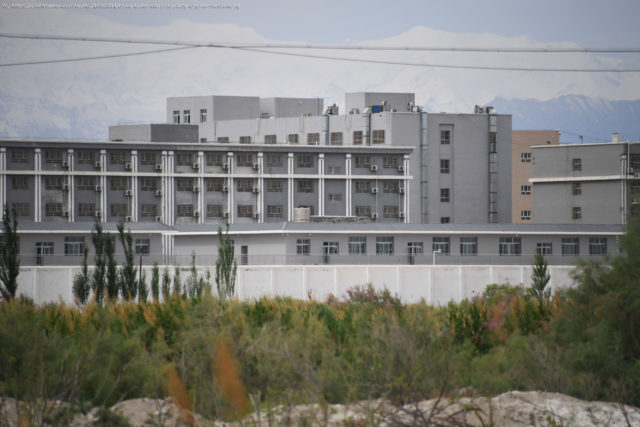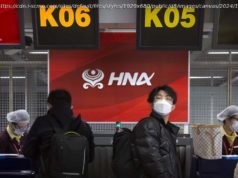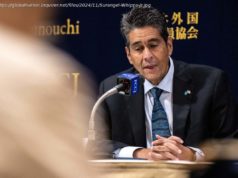China’s oppression of minority groups in Xinjiang is but one issue Biden will have to address in revising American ties with Beijing.
President-elect Joe Biden’s vows to prioritize democracy and human rights abroad, as well as taking a tougher stance on China, are bad news for the Chinese Communist Party and good news for the minority groups and pro-democracy activists being crushed by Beijing. On the campaign trail, Biden sought to dispel fears he will resurrect the naive commercialist policies of past administrations that helped the CCP entrench its authoritarian rule and expand its influence. Next month it will be time to deliver. President Xi Jinping had amassed power in the capital since coming to power in 2013, using it to unapologetically suffocate any hint of internal dissent or desire for political reform. Perhaps the most brutal and totalitarian policies have been inflicted on Xinjiang, the far-western province home to minority Muslim groups like the Uyghurs. For the Uyghurs and other minority groups, a great deal is at stake over the coming four years. As the world waits to see what path Biden will take on China, activists are urging the incoming team not to forget what is happening in Xinjiang. « Some Uyghurs are concerned, are worried because of the China-friendly position that the upcoming administration might have, » said Jewher Ilham, a Uyghur activist and the daughter of economist Ilham Tohti, who is jailed by the Chinese government. « But also there are Uyghurs holding lots of confidence and hope in the upcoming administration, » she told Newsweek, « and they do believe that the new one will do better. There are two different voices. » Peter Irwin, the senior program officer at the Uyghur Human Rights Project, told Newsweek there was concern about what direction the Biden administration will take, given his commitment to dialogue and multilateral action. « The Uyghur community in general—they’re a little bit wary, I think, because there has been so much action over the past four years, » Irwin said, adding it is hard to say how much credit for such action can go to the Trump administration. Right now, the Biden administration is somewhat of an « unknown » for the Uyghur community, Irwin said, following four years of quite clearly China-skeptic policy. « They know that there’s been consistent pressure and at the very least, people in the administration who are speaking loudly and clearly about opposition to this. » For the UHRP’s part, though, Irwin said he doesn’t believe « we have any reason to be too concerned. » This in part because of the broad bipartisan support the issue has drawn in Washington, he explained. Irwin said the UHRP is also encouraged by signs that Biden will be better able to command a broad coalition of nations in pushing back on China, something Trump showed little interest in doing alongside his unilateral America-first agenda. « You simply need to be maintaining good relationships with the [European Union], for example, with other countries who are supportive of you, » Irwin said. More than 1 million people are believed to have been imprisoned in re-education centers—or concentration camps, to China’s critics—in Xinjiang to ensure loyalty to the CCP and erase a separate cultural identity considered a threat by Beijing.
Home
United States
USA — China Uyghurs Wait Nervously for Biden China Policy As 'Genocide' Continues






